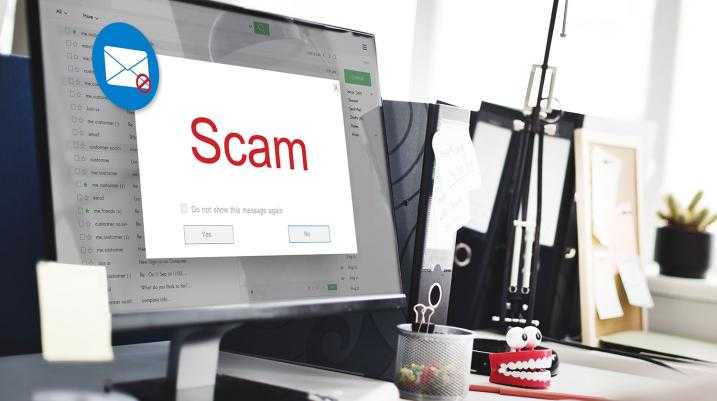Coronavirus Scams to Watch Out For

The coronavirus pandemic has sowed chaos around the world, and as with any crisis, there are people looking to exploit confusion for profit. Some are hoarding supplies and selling them for ten times their usual value. Some are setting up fake shops to “sell” in-demand supplies, but never deliver. Others are hatching convincing scams via text message, email, app, or phone call. Keep reading to familiarize yourself with some schemes that are spreading almost as fast as the virus itself.
Misinformation From “Inside” Sources
You may have already received a text from a friend who has a friend whose aunt or cousin or in-law works for the government and has inside information: The country, or the state, or the city, is about to shut everything down. You should go get groceries and gas and take out cash while you still can. Except: It’s not true. Essential services are still open, public transportation is still running, there is no friend-of-a-friend’s-aunt; no one even knows where these messages are originating, or what their purpose is.
Stay skeptical of panic-inducing messages from obscure or anonymous sources, focus on the facts, and trust that America’s food supply chain is strong.
Checks From the Government
In all likelihood, the government is going to send most Americans some money (maybe $500-1,000 per month) as long as we are in the grip of this pandemic. But that isn’t official yet, and anyone who calls and asks for your Social Security number, bank account number, or credit card number is a scammer. The government will not call to ask you for this information, and they will not ask you to pay anything upfront in order to receive this check, period. If you encounter one of these scams, file a complaint with the Federal Trade Commission (FTC).
Reserve a Vaccine
We all want a coronavirus vaccine as soon as possible, but the fact is that a vaccine likely won’t be available to the public for another 12-18 months. In the meantime, schemers are calling, texting, and emailing people and pretending to be from the Centers for Disease Control and Prevention (CDC). They say that the person on the other end can reserve a vaccine — if they hand over their Social Security or credit card number. The only problem? There is no vaccine reserve program, and there never will be. If you receive a call or message like this, do NOT give out any of your personal information.
Phishing Scams
Phishing scams, in which a hacker accesses your computer via a link-click or download, are a problem year-round, but they are especially rampant during this confusing time. Many of us are now working from home, where our personal networks’ security measures may not be as strong as the ones we use at work. But coronavirus-related phishing scams have been proliferating since January, and they show no signs of stopping. Now more than ever, you should not click on any links or download any files unless you are 100% sure you know the sender and know what they are sending. If you have any doubt whatsoever, contact the sender (double-check their email or number!) and/or your IT department for clarification.
COVID-19 Tracking Maps
If you receive a link to an app that claims to track coronavirus cases worldwide, beware. It could be spyware that will access your camera, microphone, photos, and text messages. The app (although there may be more than one) is called “corona live 1.1,” and it is a nasty Trojan’s Horse version of the legitimate “corona live” app, which offers tracking data via Johns Hopkins University. As always, make sure you never download any file unless you have fully vetted and verified it. We all have enough to worry about right now without opening ourselves up to cyber-security threats.
Injured? Getting the compensation you deserve starts here.

Injured?
Not sure what to do next?
We'll guide you through everything you need to know.